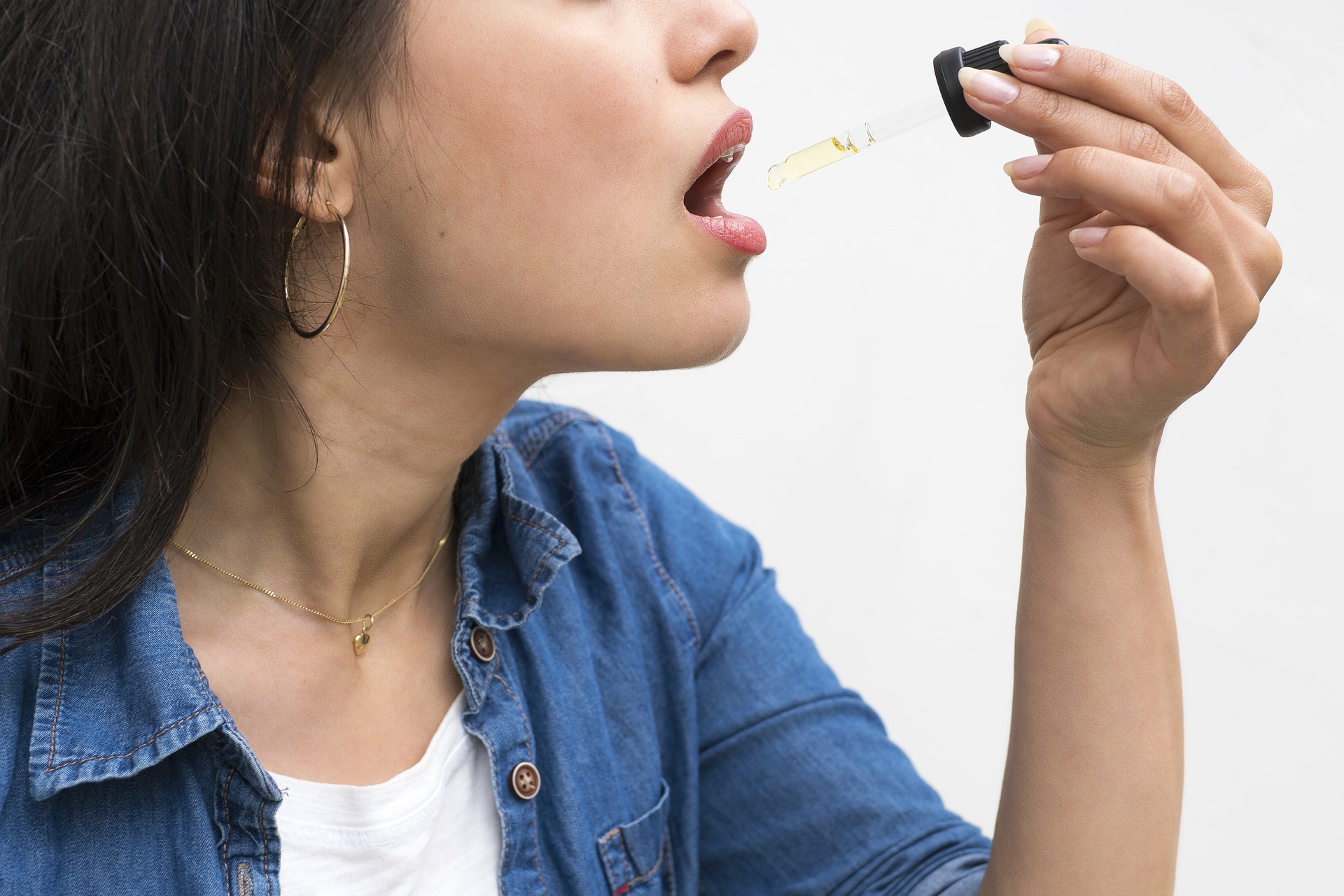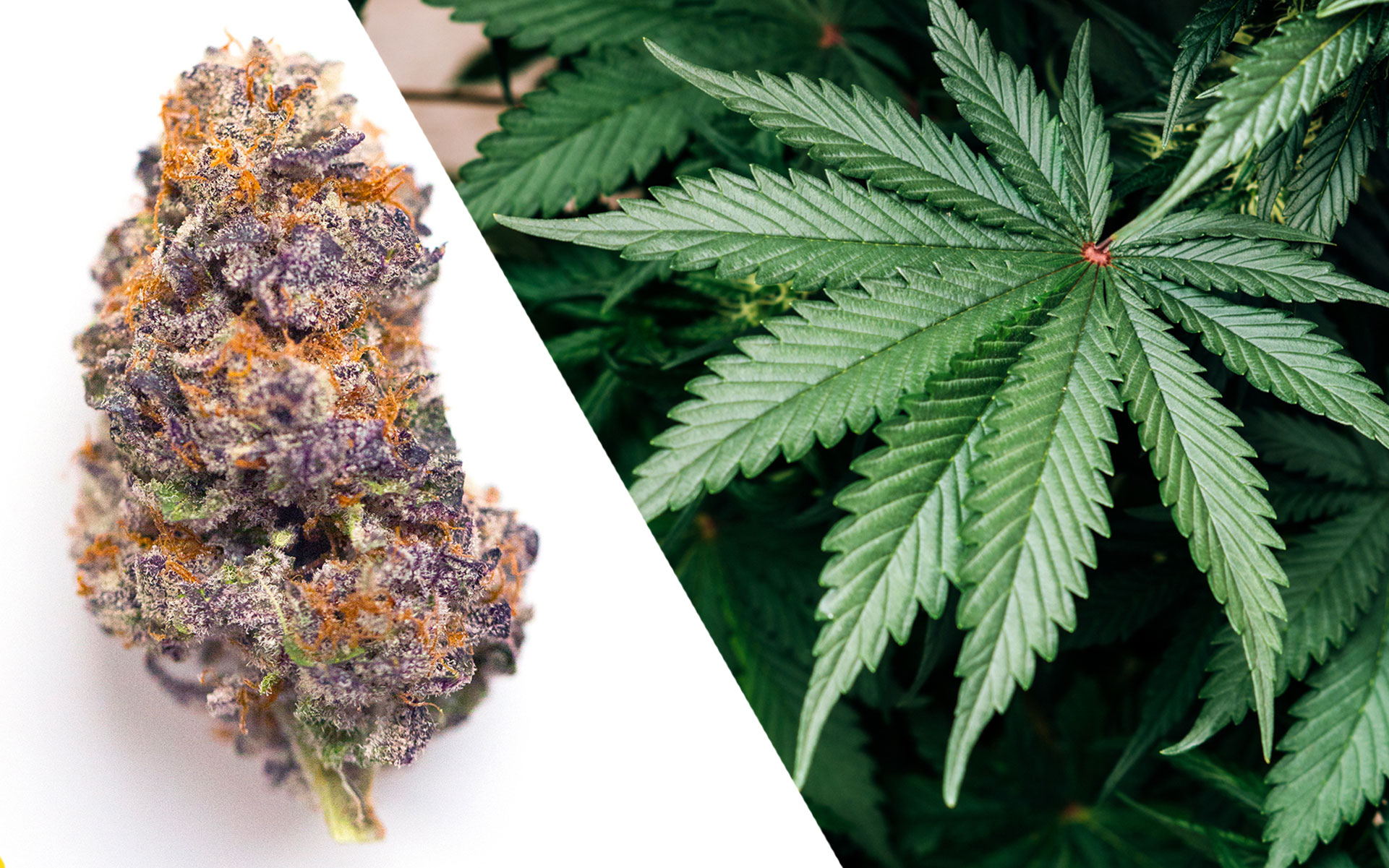Is It Safe to Take CBD Oil With Other Medications?

Is It Safe to Take CBD Oil With Other Medications?
Medical marijuana is becoming more and more popular as an alternative to allopathic medication. Prized for its broad range of beneficial effects, it applies to a variety of ailments.
People suffering from insomnia, anxiety, chronic pain, and many other conditions have found relief from cannabis products. With more and more options becoming available to buy marijuana online, people can pick and choose almost any products they desire, delivered quickly and discreetly to their door.
But is marijuana safe to self-medicate with? Consuming weed is generally thought of as a medicinally benign activity. Still, it does have a powerful effect on the human body. Since CBD oils have become popular for helping with so many ailments, it begs the question: is it safe to take CBD oil while taking other medications?
What is CBD?
CBD stands for cannabidiol, one of the main compounds found in the cannabis plant. CBD provides a feeling of calmness and relaxation without the high that comes from THC (the other main compound in marijuana).
More specifically, CBD supports the endocannabinoid system by introducing extra cannabinoids into your body. These help your body regulate the systems that manage basic physiological and cognitive functions, like the immune system, pain-sensing, and mood.
CBD can be vaped, dabbed, eaten, or taken as extracts. While inhaling CBD is the fastest way to feel the effects, choosing extracts may be preferred if other health conditions are involved.
CBD extracts come in many forms, such as capsules, tinctures, or oils. Capsules have to pass through the digestive system before the contents are absorbed, so they take longer to come into effect. Tinctures and oils can be taken sublingually (meaning dropped under the tongue). CBD taken this way will come into effect after about twenty minutes.
Why Use CBD?
When you look at the list of things CBD can help with, it seems like a miracle drug. CBD can help reduce anxiety and inflammation, improving your mental and physical well-being. It can suppress nausea, which is extremely helpful for patients undergoing chemotherapy. CBD is shown to have antioxidative effects that are beneficial in the long run for reducing the risk of cancer and heart disease. Cannabidiol is also known to have neuroprotective effects – that is, helping protect the brain from trauma and limiting the progression of neurological disorders.
While CBD sounds miraculous, it is also to be used in an informed manner. Before you dash off and buy marijuana online, be sure to consider any other medications you may be taking.
How Do Drugs Work In The Body?
To explain the process very basically, drugs go through four stages when they enter the body: absorption, distribution, metabolization, and excretion. When you bring a drug into your body, it is sent by the circulatory system around the body and broken down into its usable parts (mostly, but not exclusively, in the liver). It is then passed through the eliminatory systems and sent out of the body.
So what happens when you take two drugs at once?
Can I Mix CBD With Other Medications?
While studies are still new in this field, there are some known facts about consuming CBD with other medications. Many medications (including CBD) are broken down by a large family of liver enzymes known as CYP450. Antidepressants, antipsychotics, some antibiotics, and some heart medications (to name a few) are known to belong to this family and to be affected by the simultaneous consumption of CBD.
CBD itself can inhibit the effectiveness of some of the enzymes in the CYP450 family. This would cause other medications that react to the same enzyme group to be broken down more slowly by the body. Side effects would be likely to increase in this case, and dosages of the prescribed medication would need to be lowered.
On the flip side, CBD can also enhance the effectiveness of some of the CYP450 enzymes, causing paired medications to be metabolized more quickly. This would likely cause the effect of the prescribed medication to be lessened, in which case dosage may need to be increased.
To summarize, dosages of conflicting prescription medications would need to be adjusted to be taken alongside CBD in order to maintain effectiveness and reduce the risk of unwanted side effects.
Be sure to talk to your healthcare provider about taking CBD with other medications. Depending on what your prescription medications are for, you may be able to choose to take CBD alongside them, or possibly even in place thereof. Go to your healthcare provider with a clear picture in mind of what you want – some doctors may not feel inclined to promote consuming marijuana products. Remember to advocate for yourself within reason for your personal safety.
Are There Any Side Effects to CBD?
Like any medication, CBD has its potential side effects. However, CBD is described as having a “favourable” side effect profile compared to other medications. These mild effects can include a change in appetite, diarrhea, and/or fatigue. Only a small percentage of people react negatively to consuming CBD.
As mentioned above, when paired with other drugs, side effects may be enhanced. Researching specific drug interactions and consulting with a doctor is the best way to eliminate the chance of unwanted side effects while using CBD.
Why Should I Use CBD Oil?
CBD is a fat-soluble molecule, so it binds naturally to oil, which is easily absorbed by the body. CBD oil is comprised of two main components: CBD isolate and carrier oil. The carrier oils vary from product to product and can also have beneficial components for the body to work with. For example, grapeseed oil is rich in vitamin E and antioxidants, so you gain these as well as the constituents of the CBD itself.
Oils taken sublingually go directly to the bloodstream and are distributed throughout the body more efficiently than edibles. If you’re worried about taste, there is such a thing as unflavoured oil. Different oils contain distinct terpenes for specific purposes, such as motivation and focus.
CBD oil can also be applied topically, making it a multipurpose and pleasing product.
To Mix or Not To Mix?
The literature on the scientifically accepted effects of CBD is sparse. It is known to interact with prescription and over-the-counter medications, so having open and honest conversations with your healthcare provider is best for your safety. If you get the go-ahead, take a look at buying marijuana online to find some quality CBD products to suit your daily needs.

